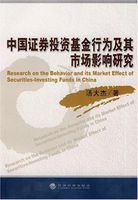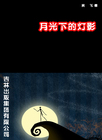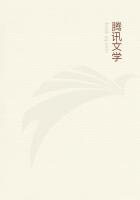But man's intelligence, fitted for his social destiny and his personal needs, is of a very different composition, and therefore gives rise to a wonderful variety of human wills.In the bee, the will is constant and uniform, because the instinct which guides it is invariable, and constitutes the animal's whole life and nature.In man, talent varies, and the mind wavers;consequently, his will is multiform and vague.He seeks society, but dislikes constraint and monotony; he is an imitator, but fond of his own ideas, and passionately in love with his works.
If, like the bees, every man were born possessed of talent, perfect knowledge of certain kinds, and, in a word, an innate acquaintance with the functions he has to perform, but destitute of reflective and reasoning faculties, society would organize itself.We should see one man plowing a field, another building houses; this one forging metals, that one cutting clothes; and still others storing the products, and superintending their distribution.Each one, without inquiring as to the object of his labor, and without troubling himself about the extent of his task, would obey orders, bring his product, receive his salary, and would then rest for a time; keeping meanwhile no accounts, envious of nobody, and satisfied with the distributor, who never would be unjust to any one.Kings would govern, but would not reign; for to reign is to be a _proprietor a l'engrais_, as Bonaparte said: and having no commands to give, since all would be at their posts, they would serve rather as rallying centres than as authorities or counsellors.It would be a state of ordered communism, but not a society entered into deliberately and freely.
But man acquires skill only by observation and experiment.He reflects, then, since to observe and experiment is to reflect; he reasons, since he cannot help reasoning.In reflecting, he becomes deluded; in reasoning, he makes mistakes, and, thinking himself right, persists in them.He is wedded to his opinions;he esteems himself, and despises others.Consequently, he isolates himself; for he could not submit to the majority without renouncing his will and his reason,--that is, without disowning himself, which is impossible.And this isolation, this intellectual egotism, this individuality of opinion, lasts until the truth is demonstrated to him by observation and experience.
A final illustration will make these facts still clearer.
If to the blind but convergent and harmonious instincts of a swarm of bees should be suddenly added reflection and judgment, the little society could not long exist.In the first place, the bees would not fail to try some new industrial process; for instance, that of making their cells round or square.All sorts of systems and inventions would be tried, until long experience, aided by geometry, should show them that the hexagonal shape is the best.Then insurrections would occur.The drones would be told to provide for themselves, and the queens to labor; jealousy would spread among the laborers; discords would burst forth; soon each one would want to produce on his own account; and finally the hive would be abandoned, and the bees would perish.Evil would be introduced into the honey-producing republic by the power of reflection,--the very faculty which ought to constitute its glory.
Thus, moral evil, or, in this case, disorder in society, is naturally explained by our power of reflection.The mother of poverty, crime, insurrection, and war was inequality of conditions; which was the daughter of property, which was born of selfishness, which was engendered by private opinion, which descended in a direct line from the autocracy of reason.Man, in his infancy, is neither criminal nor barbarous, but ignorant and inexperienced.Endowed with imperious instincts which are under the control of his reasoning faculty, at first he reflects but little, and reasons inaccurately; then, benefiting by his mistakes, he rectifies his ideas, and perfects his reason.In the first place, it is the savage sacrificing all his possessions for a trinket, and then repenting and weeping; it is Esau selling his birthright for a mess of pottage, and afterwards wishing to cancel the bargain; it is the civilized workman laboring in insecurity, and continually demanding that his wages be increased, neither he nor his employer understanding that, in the absence of equality, any salary, however large, is always insufficient.Then it is Naboth dying to defend his inheritance;Cato tearing out his entrails that he might not be enslaved;Socrates drinking the fatal cup in defence of liberty of thought;it is the third estate of '89 reclaiming its liberty: soon it will be the people demanding equality of wages and an equal division of the means of production.
Man is born a social being,--that is, he seeks equality and justice in all his relations, but he loves independence and praise.The difficulty of satisfying these various desires at the same time is the primary cause of the despotism of the will, and the appropriation which results from it.On the other hand, man always needs a market for his products; unable to compare values of different kinds, he is satisfied to judge approximately, according to his passion and caprice; and he engages in dishonest commerce, which always results in wealth and poverty.Thus, the greatest evils which man suffers arise from the misuse of his social nature, of this same justice of which he is so proud, and which he applies with such deplorable ignorance.
The practice of justice is a science which, when once discovered and diffused, will sooner or later put an end to social disorder, by teaching us our rights and duties.


